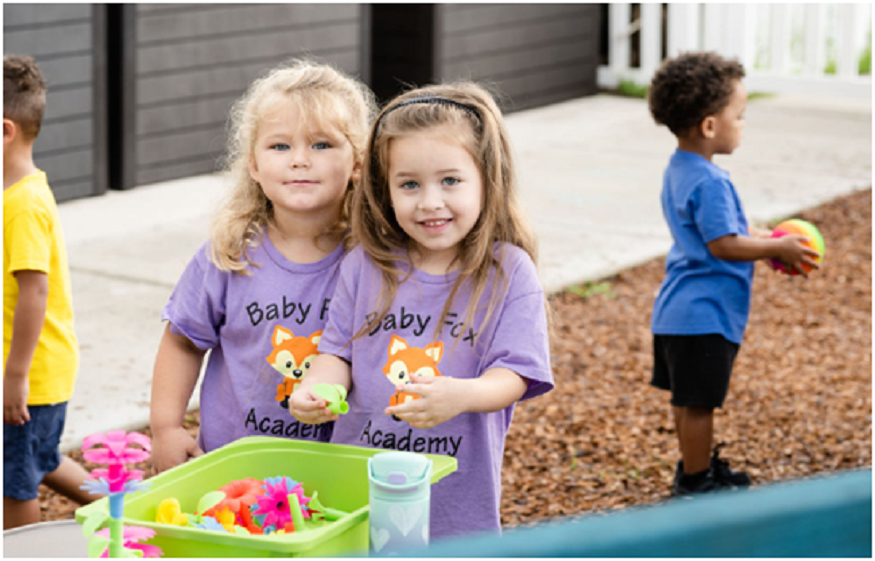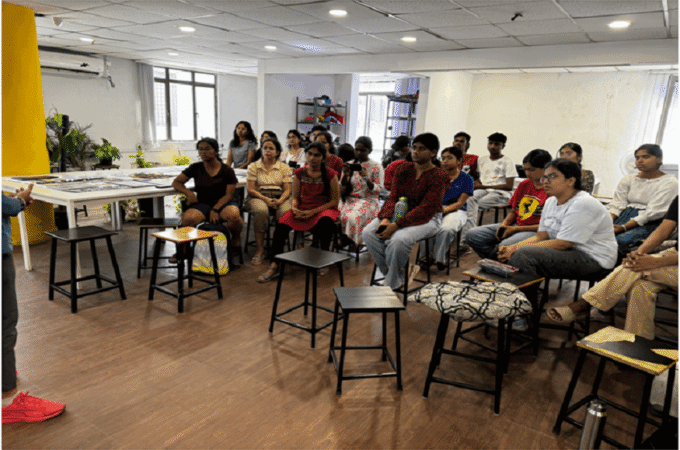
How parents can support play-based learning at home
Playing is more than just a good time. Play is also an important part of the way young children learn.
Play helps children develop skills such as thinking, speaking, moving and solving problems.
With a few simple suggestions, parents can easily encourage play-based learning in the home.
Create a Play Space
The children need to be able to play in a safe environment.
No need for a large playroom. You can use a corner in the living room or even a small space in a bedroom.
Place some bins and baskets near the toys. Make sure that the kids can easily reach them.
Offer open-ended toys
Toys that are open-ended can be used in many different ways by children.
You can use dolls, blocks, art materials, dolls and clothes to make up your own playthings.
These toys allow children to use their imagination rather than following a strict set of rules.
Let Them Lead
Let your child choose what to do and how.
If they ask you to join, do so. But let them be in charge.
It builds confidence and helps you to solve problems.
Ask open-ended questions
Asking simple questions instead of directions can be a great alternative.
- What are you building, exactly?
- What is the process?
- What do you expect to happen next?
These questions encourage children to think and talk.
Mix Indoor and Outdoor Play
Children need room to play, run, and jump.
Get them outdoors as much as you can. Even a simple walk in the park or around the block, or a stroll through your backyard can be an adventure.
Children can play with stones and sticks to make games, collect leaves or insects, or watch them.
Keep Play Materials Simple
You don’t have to purchase a lot toys.
Sometimes, the simplest materials can spark the most imaginative play. Try offering:
- Cardboard boxes
- Pots and pans
- Dress up in old clothes
- Paper and crayons
- Building blocks
Simple things can inspire children to have fun.
Encourage pretend play
Playing pretend helps children understand the world.
You can pretend to be a cook, a shopkeeper, or a firefighter.
Props such as aprons or toy cash registers can be used.
Playing pretend also helps children develop language, social skills and emotional understanding.
Give yourself Time to Deep Play
Playing can be hindered by busy schedules.
Give your child plenty of time to play.
Children often need 15 to 20 minutes to fully engage in play.
Celebrate their Effort
Show your child that you are aware when they create something or try something new.
Say something like:
- You worked hard on it.
- I love the story that you created.
Concentrate on the effort and creativity of your work, rather than just the end result.
Limit Screen Time
A lot of screen time can interfere with active play.
Limit the time you spend on each activity to ensure that there is enough time for hands-on training.
Even a few minutes without screens can make a huge difference.
You can Follow their Interests
Offer more opportunities to explore the interests of your child.
If your child loves animals, encourage them to read about them, visit a farm or play games with animal themes.
Offer more LEGOs or blocks if they enjoy building.
Be patient with mess
It’s okay to get messy when you play.
Messy play is often the best way to learn.
Have a few easy cleaning tools nearby, such as a broom or rags.
Trust the Process
Play-based education does not always look the same as traditional learning.
You may not find worksheets or neatly finished projects at the end.
Children are also learning valuable skills such as planning, problem-solving, and working together.
You can trust that the play of your child is valuable.
Final Thoughts
Simple and powerful, supporting play-based learning in the home is a simple way to support your child’s education.
Give your child the space, time and simple tools they need to explore.
Ask questions and encourage their creativity.
Play will build a solid foundation for learning and development with your support.
This post was written by a professional at Baby Fox Academy of Florida. Baby Fox Academy is your premier choice for high-quality early learning center Lakewood Ranch, FL, blending structured learning with the magic of play. Owned and operated by Laurie and Matt McCracken, Baby Fox Academy benefits from Laurie’s 25+ years of experience in early childhood education. Our play-based curriculum supports every child’s growth, balancing indoor and outdoor activities that build fine motor skills, creativity, language, and independence. With engaging tools like puzzles, dramatic play, and art, children develop essential skills while exploring their world. Parents can check in anytime via secure “Trail Cams” through WatchMeGrow, giving peace of mind while children learn, play, and grow. At Baby Fox Academy, your “baby fox” will thrive in a nurturing environment designed to inspire a lifelong love of learning.





